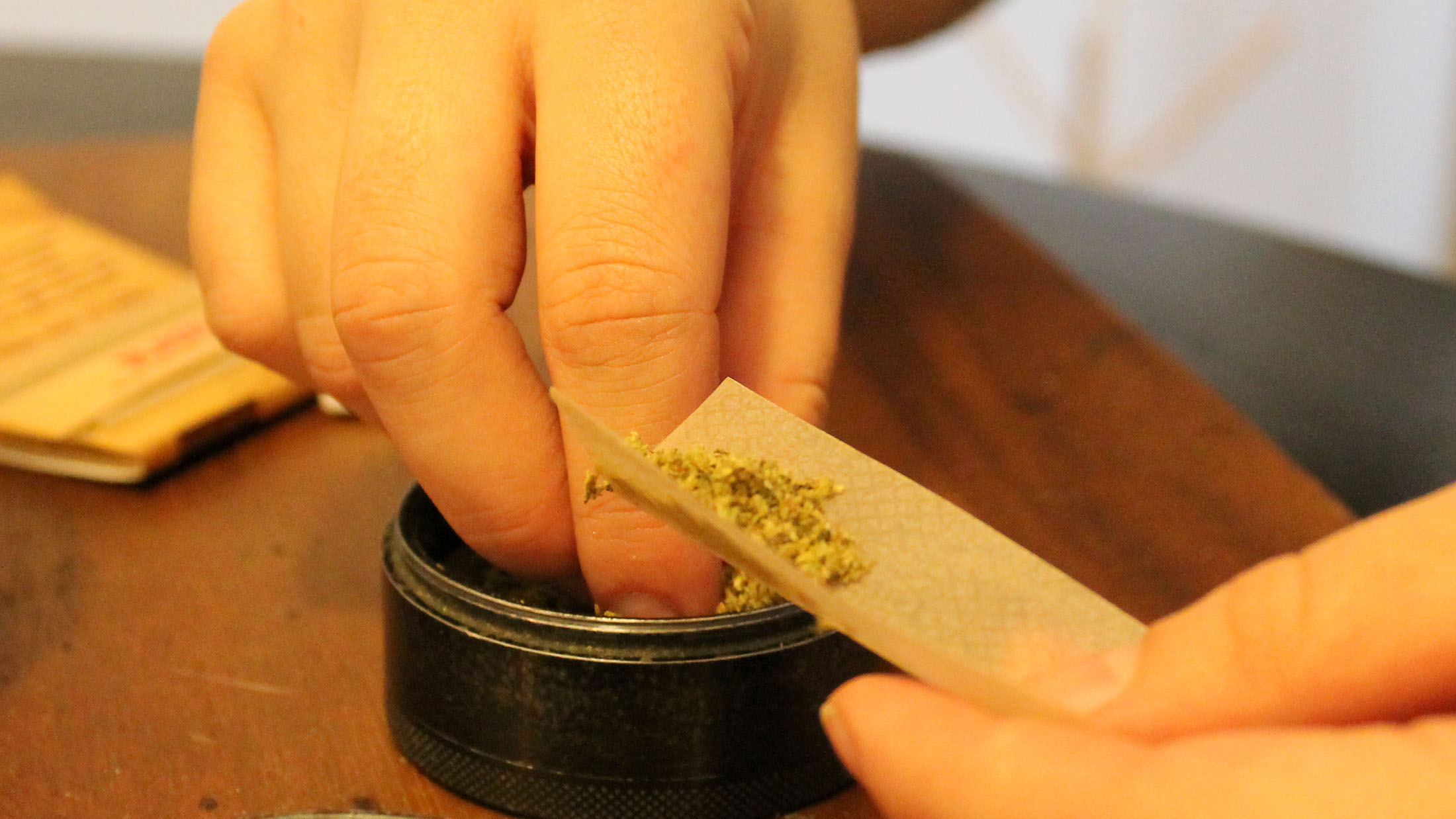cannabis
Class action against Organigram pot: 176 people contact lawyers
Customers say tainted cannabis made them sick

caption
A cannabis user rolls a joint in her Halifax apartment.Dizziness, nausea and rashes — customers who used Organigram cannabis products in 2016 have complained of these symptoms to the Halifax law firm Wagners.
The firm said it has been contacted by 176 people across Canada expressing interest in a class action lawsuit, in addition to the representative plaintiff, Dawn Rae Downton.
Downton is a Halifax writer who smoked and ate Organigram cannabis in 2016 to help her sleep. She said she was sick for about one year afterwards.
“I had my head in the toilet for most of 2016, pretty well day and night,” said Downton in an interview. “When you’re vomiting multiple times every day, you get pretty messed up.”
On Jan. 18, the Supreme Court of Nova Scotia certified the case as a class action proceeding. Health Canada found Organigram products contained trace amounts of unauthorized pesticides myclobutanil and bifenazate. In December 2016 and January 2017, Organigram made two voluntary recalls and acknowledged the contaminants.
4,000 potential members
Organigram is one of the licensed producers that signed a supply agreement with the NSLC, but it also sells products in other provinces.
Maddy Carter, a lawyer for Wagners who is representing the plaintiffs, said there are between 4,000 and 5,000 people in Canada who are potential class members in the action.
“We’re obviously very confident,” said Carter. “There’s not a lot to dispute around the fact that the cannabis had these two contaminants in it. It’s not permitted. It’s not legal.”
Although these pesticides are not permitted in cannabis products, they are allowed for use on food crops. Regarding myclobutanil specifically, Health Canada said in a statement there is a low risk of serious health issues when inhaling the pesticide in a combustive form.
Health Canada and Organigram declined requests for interviews.
“The company intends to vigorously defend itself against this class action,” reads a statement released Monday by Organigram.
The statement by the Moncton-based company said all Organigram products undergo testing at a laboratory approved by Health Canada, which permits the use of 22 pesticides on cannabis products.
Not organic
After the two Organigram recalls, as well as a recall by the cannabis company Mettrum just months earlier, Health Canada introduced mandatory pesticide testing for cannabis products. This regulation came into effect Jan. 2.
As reimbursement for the recall, Organigram gave credits to clients to buy other products. The company spent approximately $2 million on these credits, according to a 2017 financial statement.
The class action will seek compensation for physical injuries and punitive damages. There is no information yet about the amount of compensation or damages that the plaintiffs are seeking. A trial date has not yet been set.
In line with its brand name, Organigram said in October 2018 that its medicinal plants and growing process were recertified as organic.
“I chose them because the name itself suggests it is organic,” Downton said.
Regarding the use of banned pesticides, she said “it just seemed to be not a very classy thing for them to do.”


M
M.M.